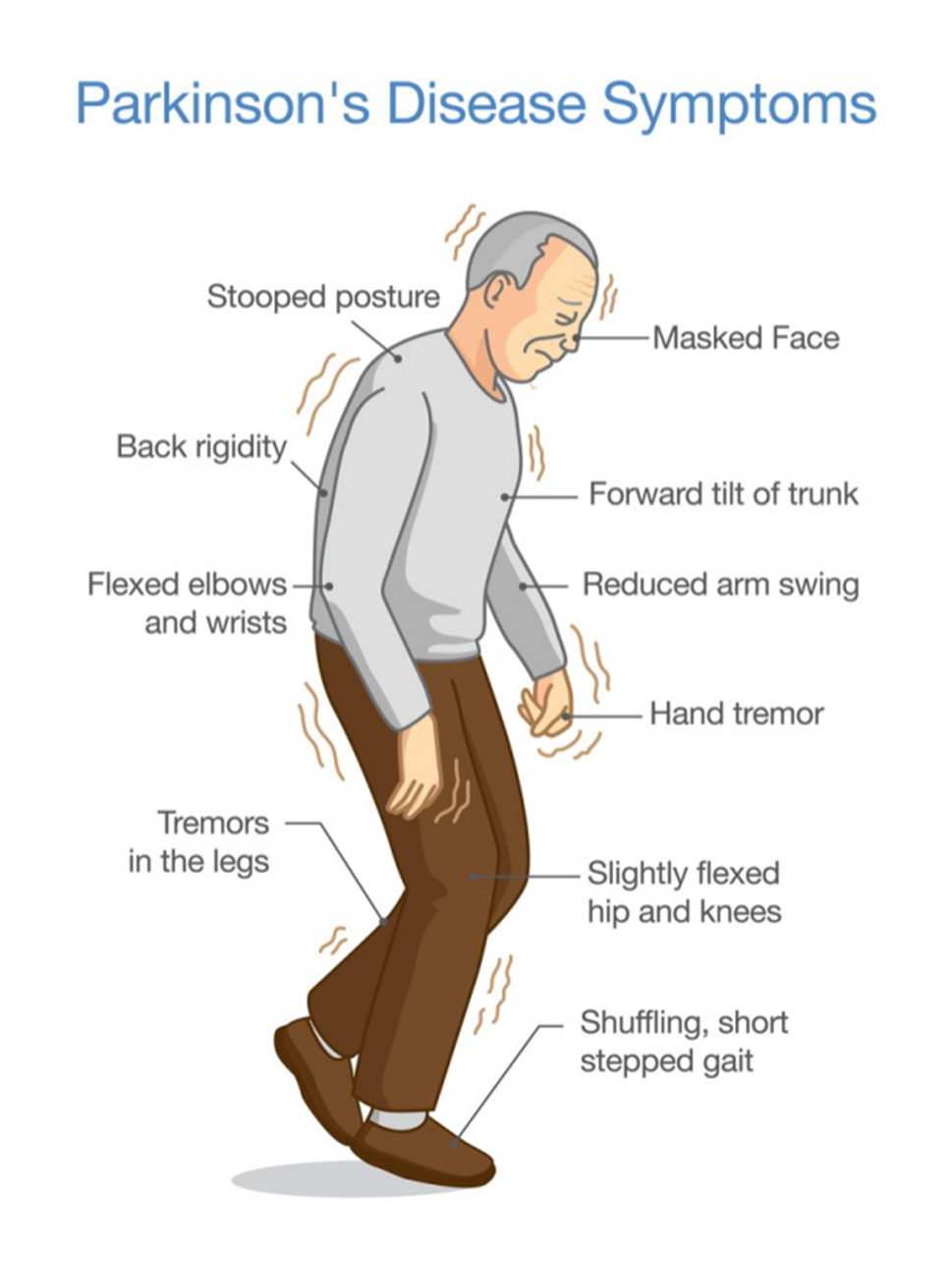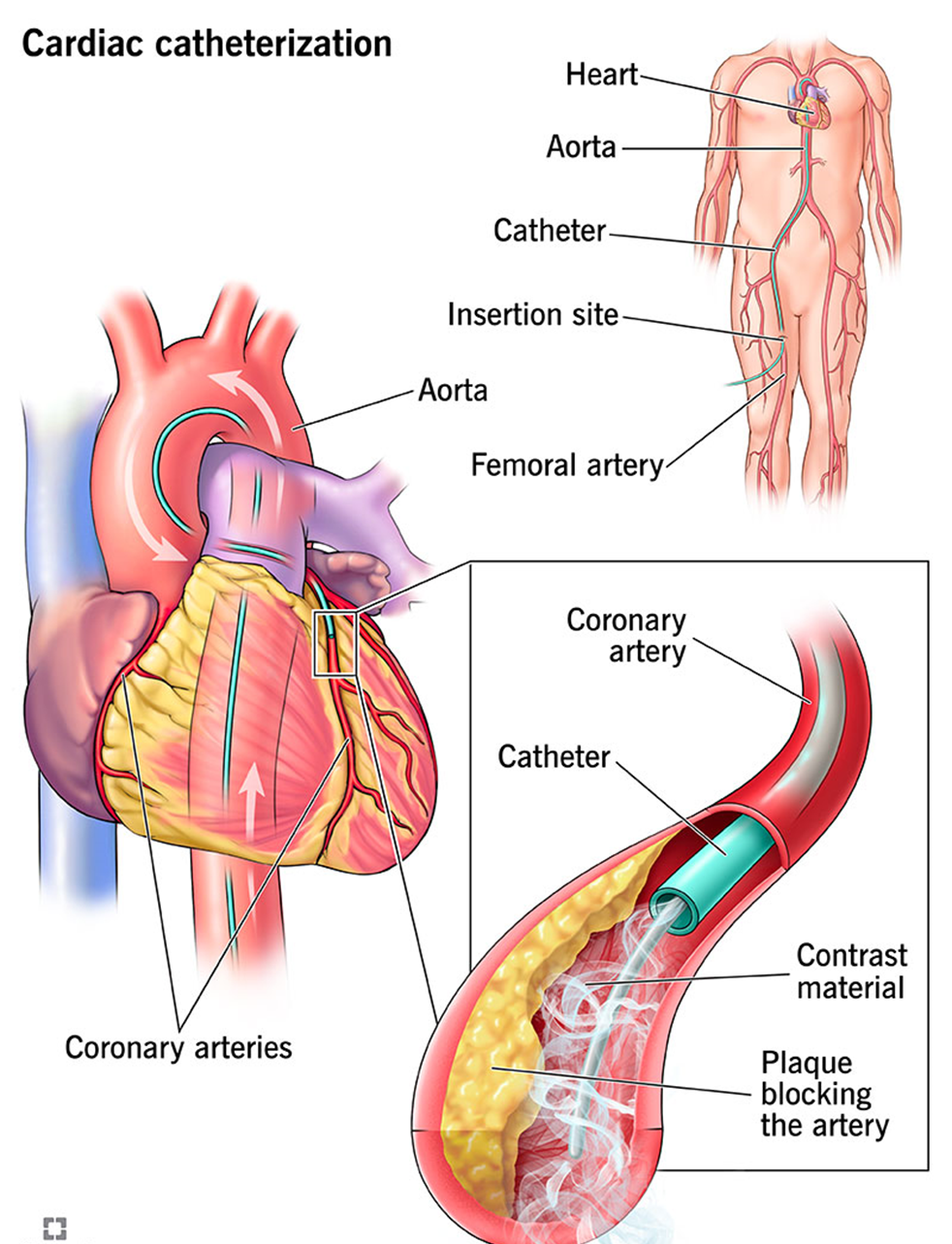The nurse is monitoring the status of a postoperative client in the immediate postoperative period. The nurse would become most concerned with which sign that could indicate an evolving complication?
A pulse of 86 beats/minute
Hypoactive bowel sounds in all 4 quadrants
Blood pressure of 110/70 mm Hg
Increasing restlessness
The Correct Answer is D
Choice A Reason:
A pulse of 86 beats per minute is within the normal range for adults (60-100 beats per minute) and does not typically indicate a postoperative complication. While it is important to monitor vital signs, this pulse rate alone is not concerning unless accompanied by other abnormal findings.
Choice B Reason:
Hypoactive bowel sounds in all four quadrants can occur after surgery due to the effects of anesthesia and the surgical procedure itself. While it is important to monitor bowel sounds, hypoactivity is not immediately concerning unless it persists or is accompanied by other symptoms such as abdominal pain or distention. Therefore, this finding alone does not indicate an evolving complication.
Choice C Reason:
A blood pressure of 110/70 mm Hg is within the normal range for adults and does not typically indicate a postoperative complication. Blood pressure should be monitored regularly, but this reading alone is not concerning unless there are significant changes or other abnormal findings.
Choice D Reason:
Increasing restlessness is a concerning sign in the immediate postoperative period. It can indicate several potential complications, including pain, hypoxia, or the onset of delirium. Restlessness may also be an early sign of shock or other serious conditions that require prompt intervention. Therefore, this symptom warrants further assessment and immediate attention to determine the underlying cause and provide appropriate treatment.
Nursing Test Bank
Naxlex Comprehensive Predictor Exams
Related Questions
Correct Answer is C
Explanation
Choice A Reason:
Telling his wife what the client needs is not the most effective discharge action. While it is important for the wife to understand the client’s needs, this approach is too passive and does not actively engage the client or his wife in the care process. Effective management of Parkinson’s disease requires active participation from both the client and the caregiver to ensure adherence to the care plan and to address any concerns or preferences they may have.
Choice B Reason:
Setting up visitations by a home health nurse can be beneficial, but it is not the most effective discharge action on its own. Home health nurses can provide valuable support and monitoring, but the success of the management plan also depends on the involvement and commitment of the client and his wife. Without their active participation, the care plan may not be fully effective.
Choice C Reason:
Involving the client and his wife in developing a plan of care is the most effective discharge action. This approach ensures that both the client and his wife are fully engaged in the care process, understand the management plan, and are more likely to adhere to it. Collaborative care planning allows for the consideration of the client’s and caregiver’s preferences, needs, and concerns, leading to a more personalized and effective care plan. This active involvement can also empower the client and his wife, improving their confidence in managing the disease.

Choice D Reason:
Writing up a detailed plan of care according to standards is important, but it is not the most effective discharge action if done in isolation. A standardized care plan may not address the unique needs and preferences of the client and his wife. Without their involvement in the development of the plan, there may be a lack of understanding or commitment to the care plan, reducing its effectiveness. Personalizing the care plan through active involvement of the client and his wife is crucial for successful management.
Correct Answer is A
Explanation
Choice A: Metformin
Reason: Metformin is known to interact with contrast material, particularly iodinated contrast media, and can increase the risk of acute kidney injury (AKI). This interaction can lead to a condition known as contrast-induced nephropathy (CIN) or contrast-induced acute kidney injury (CI-AKI). Metformin is primarily excreted by the kidneys, and impaired renal function can lead to its accumulation, increasing the risk of lactic acidosis, a rare but serious complication. Therefore, it is generally recommended to withhold metformin before and after the administration of contrast media until renal function is confirmed to be normal.

Choice B: Carvedilol
Reason: Carvedilol is a beta-blocker used to treat high blood pressure and heart failure. It does not have a known interaction with contrast media that would increase the risk of acute kidney injury. Carvedilol primarily affects the cardiovascular system and does not significantly impact renal function or interact with contrast agents.
Choice C: Nitroglycerin
Reason: Nitroglycerin is used to treat angina and other heart conditions by dilating blood vessels. It does not interact with contrast media in a way that would increase the risk of acute kidney injury. Nitroglycerin’s primary effects are on the cardiovascular system, and it does not have nephrotoxic properties.
Choice D: Atorvastatin
Reason: Atorvastatin is a statin used to lower cholesterol levels. While it can have effects on liver enzymes and muscle tissue, it does not interact with contrast media to increase the risk of acute kidney injury. Atorvastatin is metabolized by the liver and does not significantly impact renal function.
Whether you are a student looking to ace your exams or a practicing nurse seeking to enhance your expertise , our nursing education contents will empower you with the confidence and competence to make a difference in the lives of patients and become a respected leader in the healthcare field.
Visit Naxlex, invest in your future and unlock endless possibilities with our unparalleled nursing education contents today
Report Wrong Answer on the Current Question
Do you disagree with the answer? If yes, what is your expected answer? Explain.
Kindly be descriptive with the issue you are facing.
